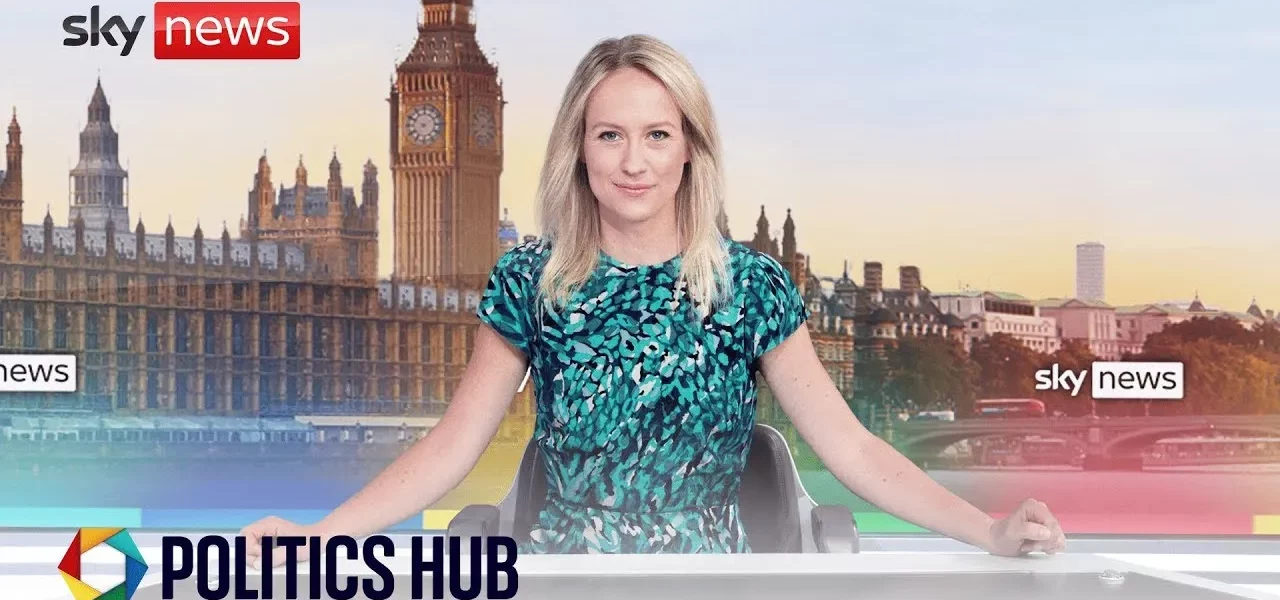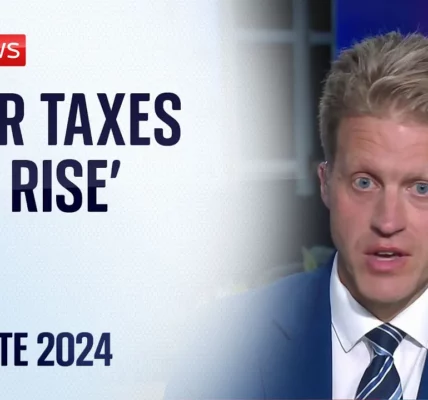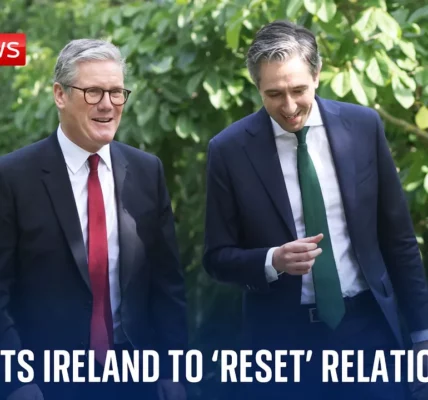Political Reactions to Winter Fuel Payment Cuts in the UK

This article provides a comprehensive overview of the political landscape surrounding the winter fuel payment cuts, featuring insights from key political figures and the implications for Labour MPs and their constituents.
Introduction
The recent cuts to winter fuel payments for pensioners in the UK have ignited a significant political debate, reflecting deeper issues within the Labour Party and the government’s fiscal policies. As Labour MPs grapple with the implications of their party’s decisions, the pressure mounts on the Prime Minister and his leadership. This article delves into the various perspectives surrounding this contentious issue, highlighting the voices of key figures such as Sharon Graham, General Secretary of Unite, and other political commentators.
Understanding the Winter Fuel Payment Cuts
What Are Winter Fuel Payments?
Winter fuel payments are financial aids provided by the UK government to help pensioners cover their heating costs during the colder months. These payments are crucial for many elderly individuals who face rising energy costs, especially in uncertain economic times.
The Recent Cuts: Overview and Reactions
The government’s decision to cut winter fuel payments has sparked outrage, particularly among Labour MPs and union leaders. Critics argue that this move disproportionately affects vulnerable pensioners while leaving wealthier families unscathed. Sharon Graham articulated this sentiment, emphasizing the moral imperative for MPs to vote in favor of their constituents, particularly those most affected by these cuts.
- Criticism of the cuts from Labour leaders.
- Concerns raised about the impact on vulnerable pensioners.
- Calls for MPs to prioritize their constituents’ needs in voting decisions.
The Implications for Labour MPs
The Dilemma of Conscience
Labour MPs face a profound dilemma as they weigh their party’s directives against the needs of their constituents. The removal of the whip from seven Labour MPs who opposed the government’s stance during the King’s Speech has added a layer of complexity to this situation. This internal party pressure raises questions about the autonomy of MPs and their ability to represent the voices of those they serve.
Public Sentiment and Political Consequences
Public sentiment is increasingly critical of the Labour government’s decisions, particularly regarding economic policies that seem to favor the wealthy over the working class. The perception that Labour is abandoning its traditional base in favor of austerity measures could have dire consequences in upcoming elections.
- Potential backlash from constituents during future elections.
- Increased scrutiny of Labour’s fiscal policies.
- Challenges in maintaining party unity amidst dissent.
Expert Opinions and Alternative Solutions
Voices from the Labour Movement
Sharon Graham and other union leaders have called for a reevaluation of the Labour Party’s approach to economic issues. They argue that the party should focus on wealth redistribution rather than imposing austerity measures that disproportionately affect the most vulnerable members of society.
Proposed Alternatives to the Cuts
Critics suggest several alternative solutions to address the fiscal challenges without cutting vital support for pensioners:
- Implementing a wealth tax on the richest 1% to generate additional revenue.
- Reassessing fiscal rules that limit government spending on social programs.
- Prioritizing investment in public services and infrastructure to boost the economy.
Conclusion
The ongoing debate regarding winter fuel payment cuts highlights a significant crossroads for the Labour Party and its leadership. As pressure mounts from both within the party and from the public, it is crucial for Labour MPs to consider the long-term implications of their voting decisions and the potential consequences for their constituents. The call for a return to principles that prioritize workers and vulnerable communities over fiscal austerity is more relevant than ever. As the political landscape continues to evolve, the responsibility lies with Labour to ensure that they not only listen to their constituents but actively advocate for their needs. We encourage readers to engage with their local MPs on this issue and advocate for a fair and just approach to fiscal policy.
“`




